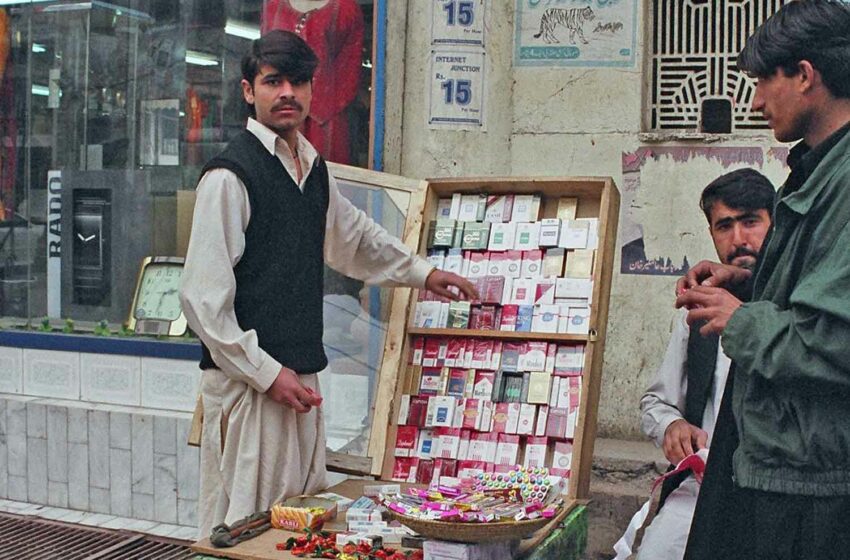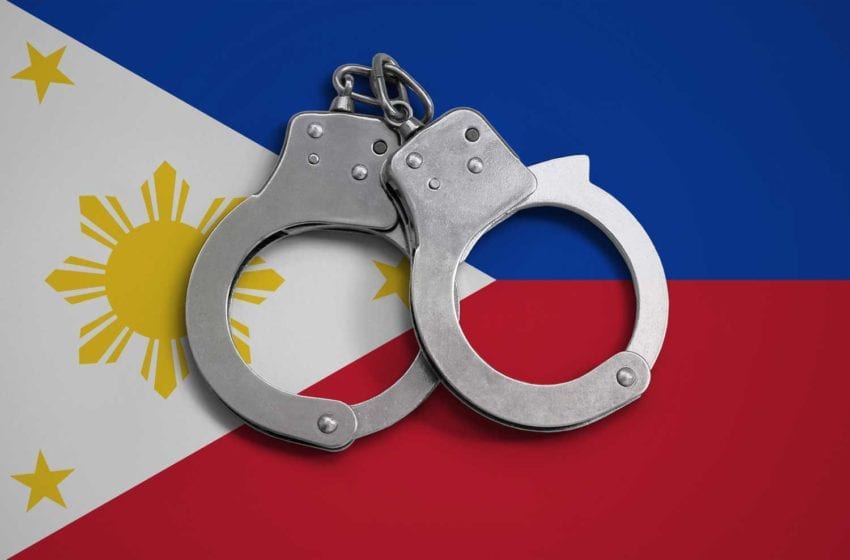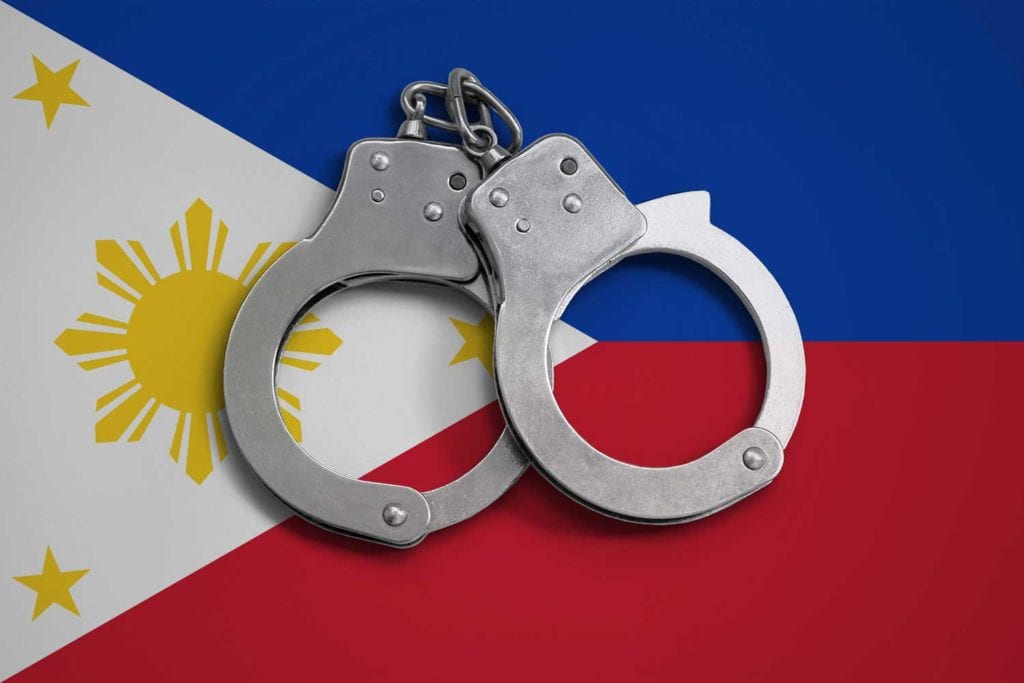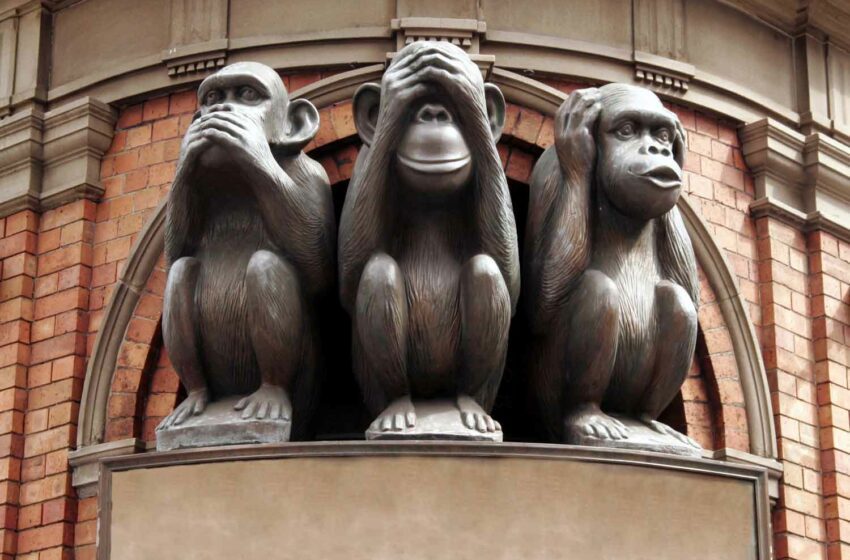
Legally operating tobacco companies have welcomed Pakistan’s plan to impose a federal excise duty (FED) on acetate tow, reports The Express Tribune.
While presenting the federal budget in the National Assembly on June 12, 2024, Finance Minister Muhammad Aurangzeb proposed imposing an FED of PKR44,000 ($158) per kg on acetate tow, a basic raw material used in manufacturing filters.
Aurangzeb said the recommended FED would burden only the informal sector. Because Pakistan does not produce acetate tow, cigarette manufacturers import the material from other countries.
During his presentation, the minister lamented the widespread availability of illicit, smuggled and tax-evaded cigarettes in Pakistan.
The market share of illicit cigarettes has grown to 63 percent at present from around 40 percent a few years ago. While at least 24 cigarette manufacturers operate in Pakistan, less than a handful are registered with the government. The two leading formal tobacco companies alone pay 98 percent of the total tax collected from the cigarette industry. Some politicians are reportedly involved in the manufacture of undocumented cigarettes.
One official said the government could potentially collect PKR550 billion from cigarette manufacturers if it succeeds in bringing the out-of-tax-net makers into the tax net.
Earlier governments imposed heavy taxes on cigarettes to discourage people from smoking. However, instead of decreasing cigarettes sales, the strategy mostly diverted smokers to non-tax-paid cigarettes.
Cigarette manufacturers have been urging the government to crack down on illicit cigarette sales and more forcefully enforce the country’s track-and-trace system. They say that half-hearted implementation has badly hit the formal sector while providing an opportunity for illicit cigarette manufacturers to thrive.


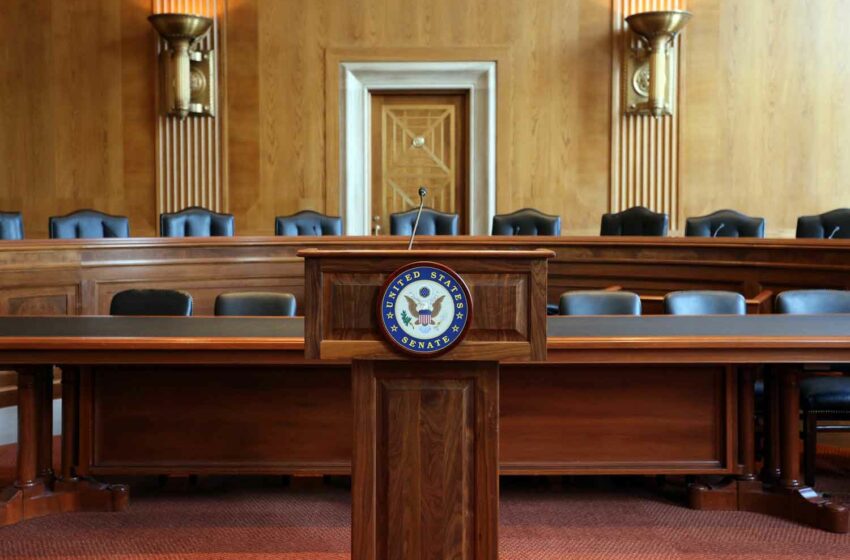


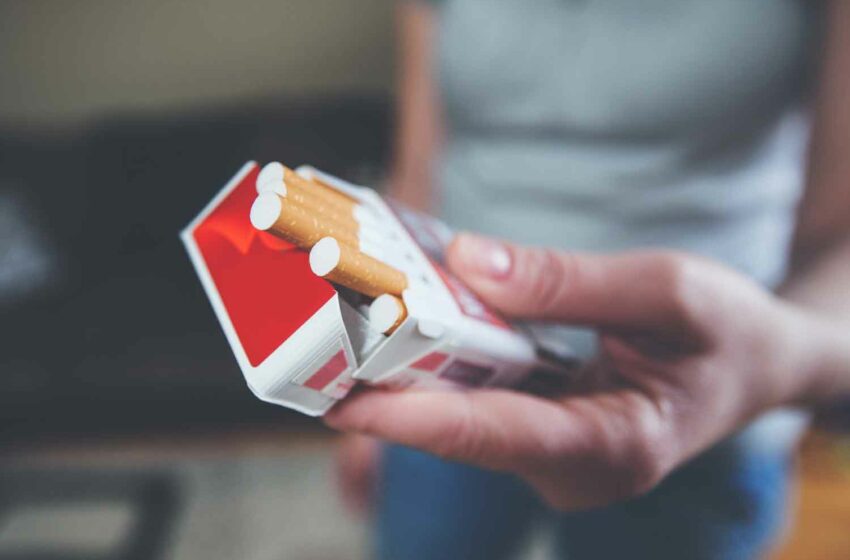
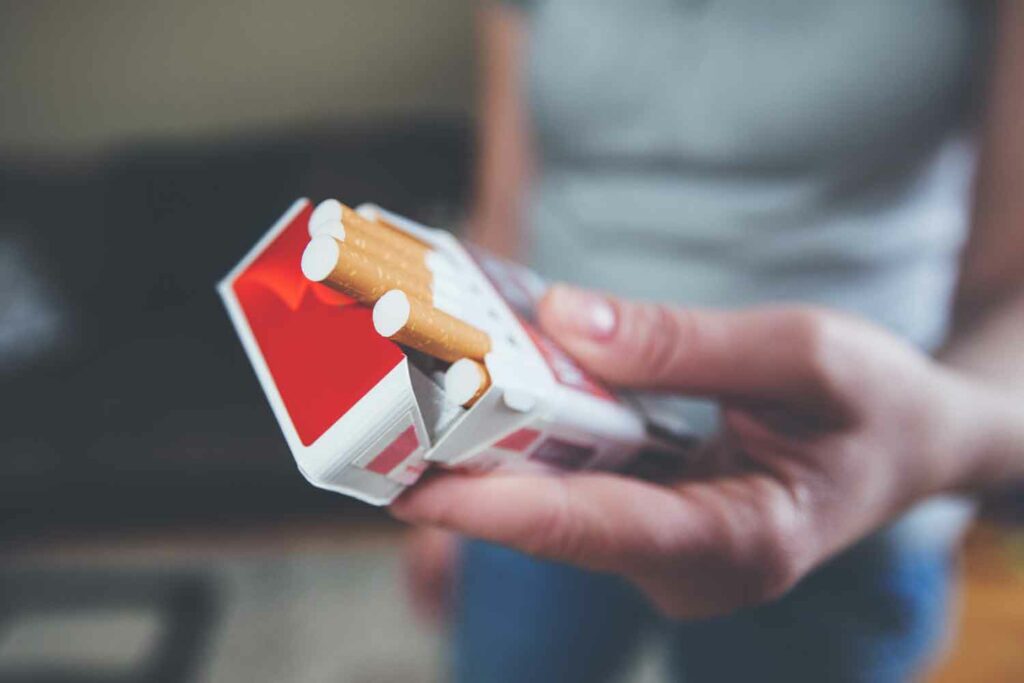

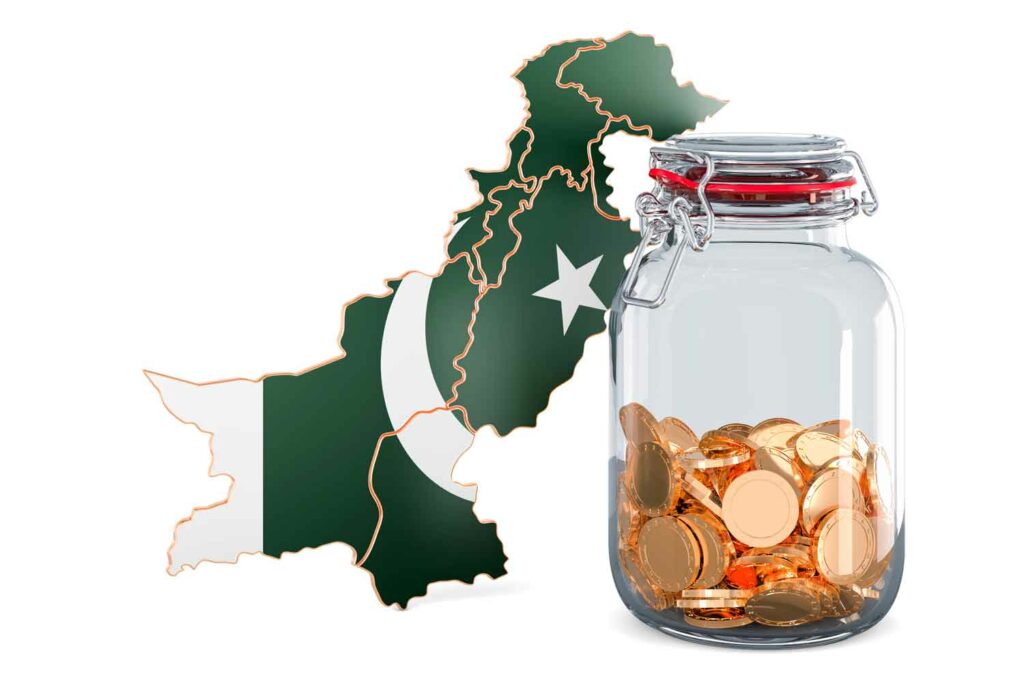





 The tobacco industry is urging Cambodia to crack down on the illicit trade in cigarettes, reports
The tobacco industry is urging Cambodia to crack down on the illicit trade in cigarettes, reports 